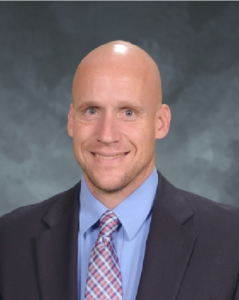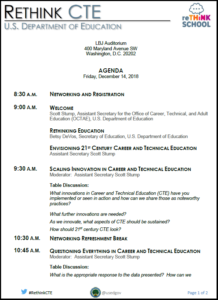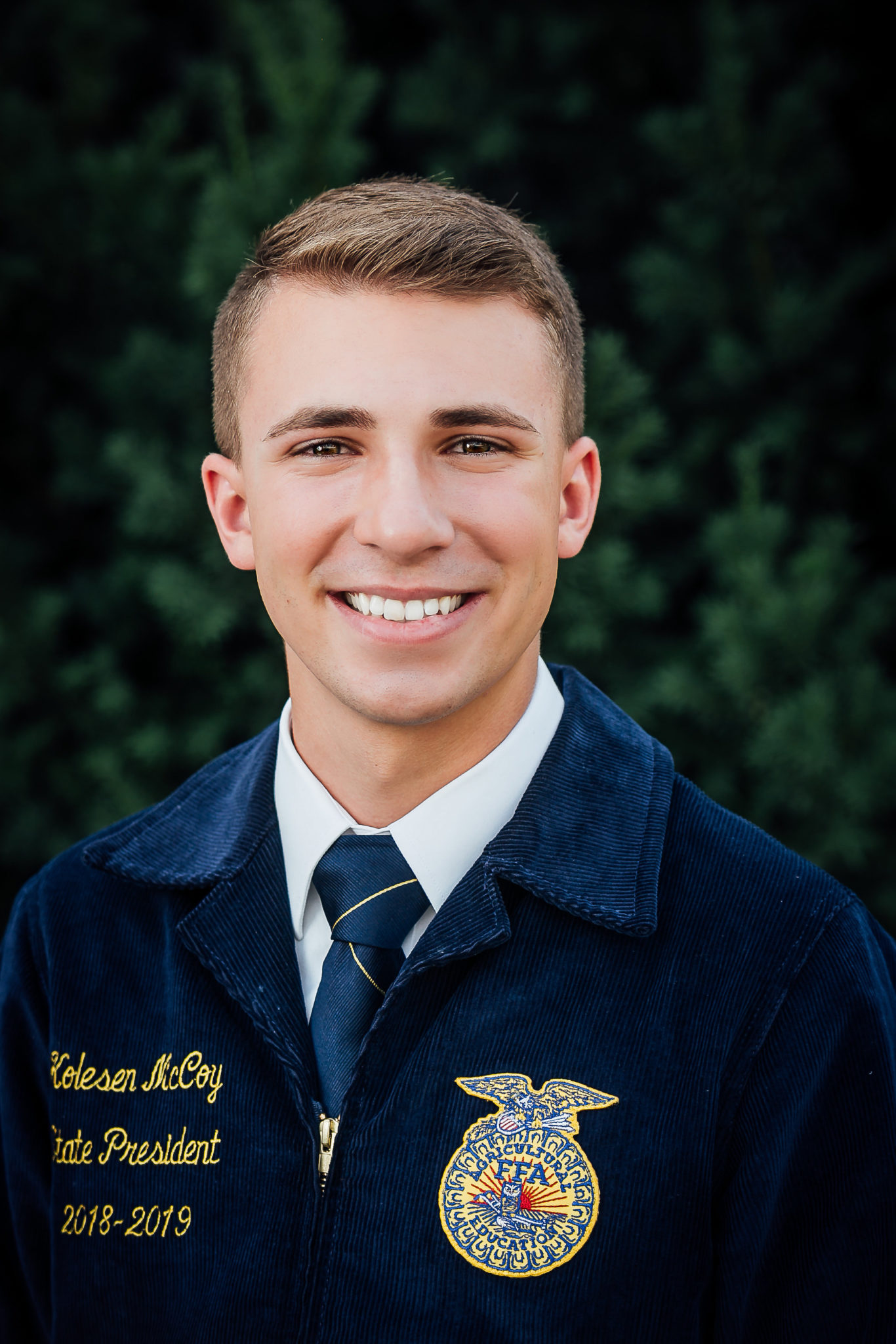In December, the Rethink Career and Technical Education (CTE) Summit brought together business and industry representatives, association members and educators committed to preparing America’s future workforce. The summit, held at the U.S. Department of Education in Washington, D.C., focused on the current skills gap in America’s workplace and a shift from “college for all” to “college and career ready” in today’s education system. Also on the agenda was the new Strengthening Career and Technical Education for the 21st Century Act, or Perkins V.
Attending the summit was Josh Jennings, founding director of Global Impact STEM Academy in Springfield, Ohio, along with academy graduate Kolesen McCoy. They both offered insights on the event. Check back Thursday to hear from Kolesen. First, Josh:
 Q: What were your impressions/takeaways from the first Rethink CTE Summit?
Q: What were your impressions/takeaways from the first Rethink CTE Summit?
A: With the approval of Perkins V, the U.S. Department of Education held this summit for the purposes of evaluating what changes need to be made to the current state of career and technical education, if any. There was a great and diverse representation of stakeholders at the event that included business and industry leaders along with philanthropists and other educational leaders.
There was time for each table to reflect and offer their insights. These notes were then collected by those at Department of Education to evaluate later. (Presentations from the summit are posted by the U.S. Department of Education here.)
Q: From discussions at the summit, what changes are underway or being considered for CTE, either within schools themselves or, on a broader sense, within the U.S. Department of Education?
A: Greater flexibility is being given to states in their implementation of career and technical education to meet the needs of local stakeholders and to make programming more relevant.
Q: Will the new Perkins Act provide funding/assistance to make these changes occur?
A: From what I understand, Perkins V will grant states more flexibility in how they administer CTE programming. States will need to write their plans and submit them to the Department of Education for Perkins funding.
Q: Did you present at the summit? What was your topic, and your emphasis?

A: After a welcome by Scott Stump, the U.S. Assistant Secretary for CTE, U.S. Education Secretary Betsy DeVos gave the keynote address and introductions for the event.
I was one of three to share the innovative work that is taking place across the country in CTE. I gave an approximately 10-minute overview of who we are and what takes place at Global Impact. Once everyone on the panel shared in a similar way, Assistant Secretary Stump facilitated the panel discussion.
Q: In your opinion, how can CTE and STEM schools collaborate? Was this discussed at the summit?
A: This was not discussed at the summit; however, STEM was discussed in the context of CTE programming.
Q: You were accompanied at the summit by Global graduate Kolesen McCoy. What was his role at the event?
A: I was asked to bring a current student or recent graduate who could share his or her Global Impact STEM Academy experience. In addition, summit organizers informed me that they would ask this student how he or she might change their experience, if that was possible. I suggested Kolesen, because, in addition to being a 2018 Global graduate, he currently serves as Ohio’s State President of FFA (formerly Future Farmers of America).
At the summit, Kolesen served as a discussion leader and facilitator at one of the participant tables. He was one of many Career and Technical Student Organizations representatives from across the U.S. to do this. He also was one of a few to serve on a panel facilitated by Frank Brogan, the U.S. Assistant Secretary of Elementary and Secondary Education.
This was the panel where students shared their CTE experiences with the summit participants.
Q: I there anything else you would like to share about this experience and the future of CTE nationwide?
A: Career and technical education is changing and evolving to meet the workforce development needs of our ever-changing economy. There is also an awareness at the federal level that there are very local needs. States will work to develop plans that meet the local workforce development and economic needs.

Coming soon: Thursday, we’ll publish our conversation with Koleson McCoy about his role as student participant in the summit.